The Last Word in Latina/o Mental Health: TC takes the lead in preparing bilingual counselors to serve the nation’s fastest growing population
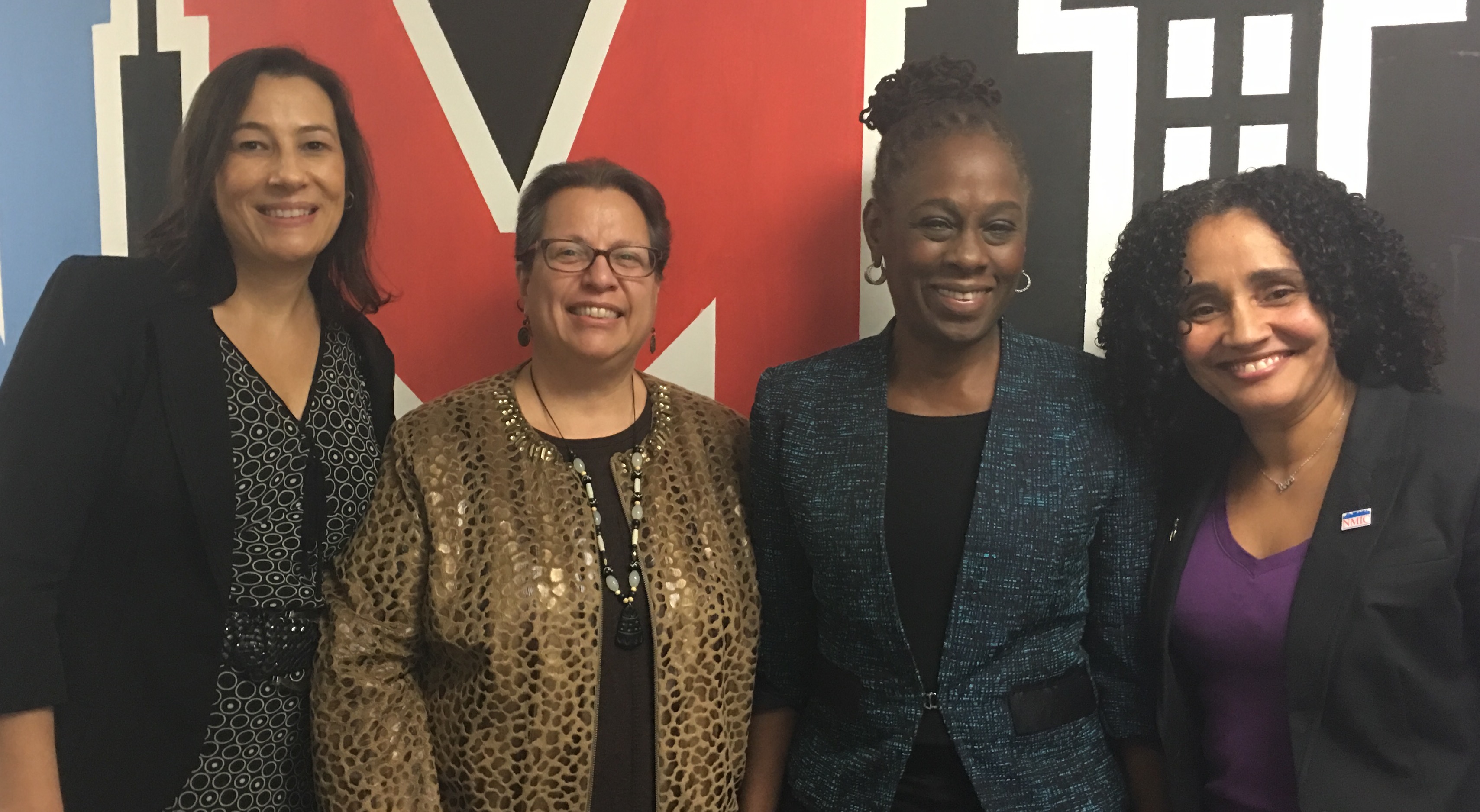
“I know the Latina/o immigrant experience because I lived it,” says Mariel Buque.
But not every facet of it, as Buque, a fourth-year doctoral student in TC’s new Latina/o Mental Health concentration was reminded last year, when she began counseling a client of Mexican descent.
“There were many similarities between our cultures, but there were also unique aspects of her experience that I needed to learn about – and just being a native Spanish speaker wasn’t enough,” she says.
For example, Buque’s client made frequent use of dichos – proverbs, sayings and double entrendres that Spanish-speaking families and communities rely on as a kind of shorthand for discussing life’s weightiest matters. Dichos vary from country to country and even region to region.
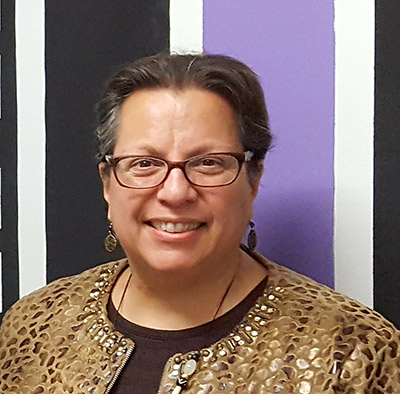
“In the Western way, the self is the basic unit of analysis, but under the Latina/o way, it’s the community and the family. So while whites might not think that beginning a session with five to ten minutes of humor and chitchat has a healing impact, it’s essential when you’re working with Latinas/os.”
—Marie Miville, Professor of Psychology & Education and Chair of TC’s Department of Counseling & Clinical Psychology
“I turned to my professors and trainers in the program who knew more than I did about Mexican culture and indigenous cultures within Mexico,” Buque says. “It was humbling, but ultimately it enhanced my work and made me more confident.”
TC’s Bilingual Latina/o Mental Health Concentration, launched in 2014 and since accredited by New York State, prepares bicultural/bilingual counselors and counseling psychologists to serve Latina/o clients in Spanish. It is the only such program in the New York area and one of just a handful in the nation.
Elizabeth D. Fraga
Coordinator of the Bilingual Latina/o Mental Health Concentration
Counseling Psychology Program
212-678-3599 (office phone) fraga@tc.edu
Language, of course, is the program’s most obvious calling card.
“All the courses are taught by bilingual faculty, and all student fieldwork is conducted at sites in Latina/o communities under a bilingual supervisor,” says Elizabeth Fraga, the program’s founding coordinator and a longtime lecturer in TC’s Counseling Psychology program.
But the program goes far beyond mere translation. The concentration reflects two ideas that run counter to the received wisdom for delivering mental health care to clients in the general population: personalismo, or personal friendship, which is highly valued in Latina/o cultures, and platicar, or small talk, which is seen as the key to establishing it.
“These ideas change our science and how we conceptualize wellness,” says Marie Miville, Professor of Psychology & Education and Chair of TC’s Department of Counseling & Clinical Psychology. “In the Western way, the self is the basic unit of analysis, but under the Latina/o way, it’s the community and the family. So while whites might not think that beginning a session with five to ten minutes of humor and chitchat has a healing impact, it’s essential when you’re working with Latinas/os. These are families that have gone to hospitals and dealt with staff who don’t even know how to greet them or say their names properly. When you can replace that with someone who can laugh with them, it gives them hope for getting better, for their child to get better.”
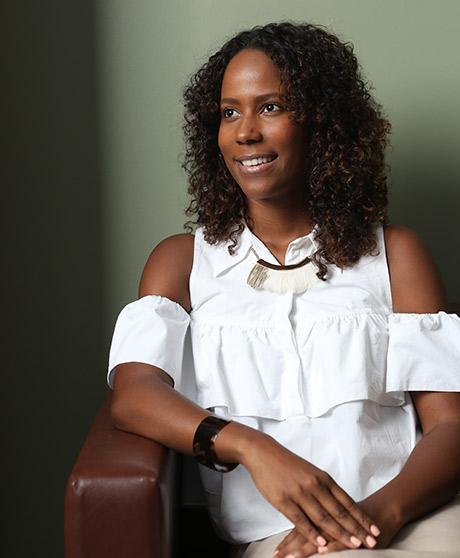
“I turned to my professors and trainers in the program who knew more than I did about Mexican culture and indigenous cultures within Mexico. It was humbling, but ultimately it enhanced my work and made me more confident.”
—Mariel Buque, TC Counseling Psychology doctoral student
The need is particularly acute, says Miville, because there are 41 million Spanish-speaking people in the United States and another 11 million who are bilingual (only Mexico has more) and because in many Latina/o cultures the stigma of being loca en lo cabeza – “sick in the head” – makes treatment from mental health professionals an option of last resort. Many Latinas/os will sooner seek out curanderos or santeros – community folk healers – or turn to their primary care physicians or to community-based organizations (CBOs).
For that reason, TC’s program has given students fieldwork placements in the latter two settings. In 2014, Buque was one of six TC doctoral students funded by the federal Health Resources & Services Administration to receive training in integrated psychology/health care. She now works onsite at Columbia University Medical Center, rotating through the Hospital Adult Outpatient Service’s ambulatory clinics – obstetrics/gynecology, cardiology, pediatrics – to provide short-term dynamic and cognitive behavioral therapy for patients who also are receiving medical treatment.
“I work with nurses, nutritionists – we all check in about people from all angles, because patients often have multiple issues,” she says.
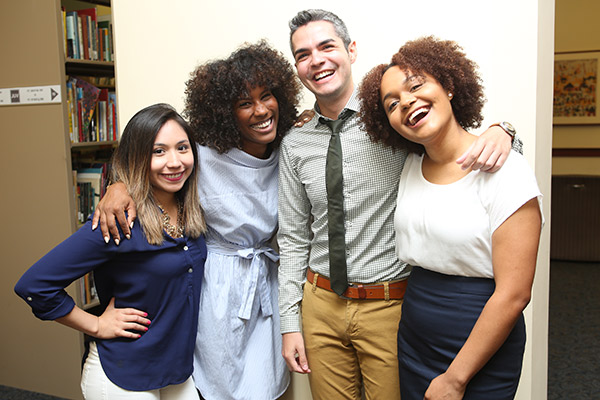
Supported by the grant, two second-year master’s degree students in the Latina/o Mental Health Concentration Program – Danisha Baro and Katherine Ramirez– are now providing counseling onsite to clients whom NMIC is helping with employment, high school equivalency degrees, housing and eviction relief, and English for speakers of other languages.
The Connections to Care grant is also enabling TC to train non-psychological staff – both at NMIC and at the College itself – to help colleagues identify mental health problems and seek help. Staff also learn techniques for screening and motivational interviewing.
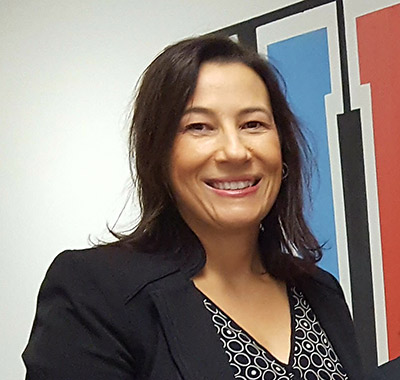
“We’re strengthening the pipeline, creating generations of effective bilingual counselors – an investment that will pay off for decades.”
—Elizabeth Fraga
“It’s bridging the language gap,” says Dinelia Rosa, Director of the College’s Dean Hope Center for Educational and Psychological Services and Adjunct Associate Professor in the Clinical Program. “There are so many situations right now where people unrelated to the field are called in to translate, placing confidentiality at risk.”
Recently, New York City First Lady Chirlane McCray visited NMIC and toured the facility with the Center's Executive Director, Maria Lizardo, as well as Miville and Fraga.
In early November, the van Amerigen Foundation awarded a two-year, $50,000-per-year grant to support the partnership between NMIC and TC. The funds will be applied to help meet the match requirement of the grant from the Mayor's Fund. Additional funds are still needed to meet the match this year, and TC and NMIC are working together to raise support for the project.
Why is TC emerging as a leader in Latina/o mental health?
Partly it’s because TC’s Counseling Psychology program boasts several Latina/o faculty members who have devoted their careers to issues affecting the Latina/o population. Miville is past President of the National Latina/o Psychological Association (NLPA); Fraga is NLPA’s Chair of Fundraising and Development; and Rosa was the first person of color to serve as President of the New York State Psychological Association, after cofounding the Association’s Division of Culture, Race and Ethnicity.
More broadly, Counseling Psychology at TC has long focused on issues of racial, ethnic, cultural, sexual and gender identity. The program also is home to the Dean Hope Center where, under the supervision of departmental faculty, students work at reduced cost with neighborhood families, many of them Latina/o.
With all these components, there’s a palpable sense of excitement building at TC, spurred by recent New York State approval of a Bilingual Latina/o mental health doctoral concentration.
“We’re strengthening the pipeline, creating generations of effective bilingual counselors – an investment that will pay off for decades,” Fraga says. “There’s the also the possibility for tremendously expanding our literature on Latina/o mental health.”
For Buque, who took on a supervisory role in the program this fall, the benefits are more personal.
“I didn’t think I’d ever get the opportunity to be trained like this,” she says. “I take pride in being Latina, and now I have to the opportunity to serve my own community.” – Joe Levine
Published Monday, Oct 31, 2016